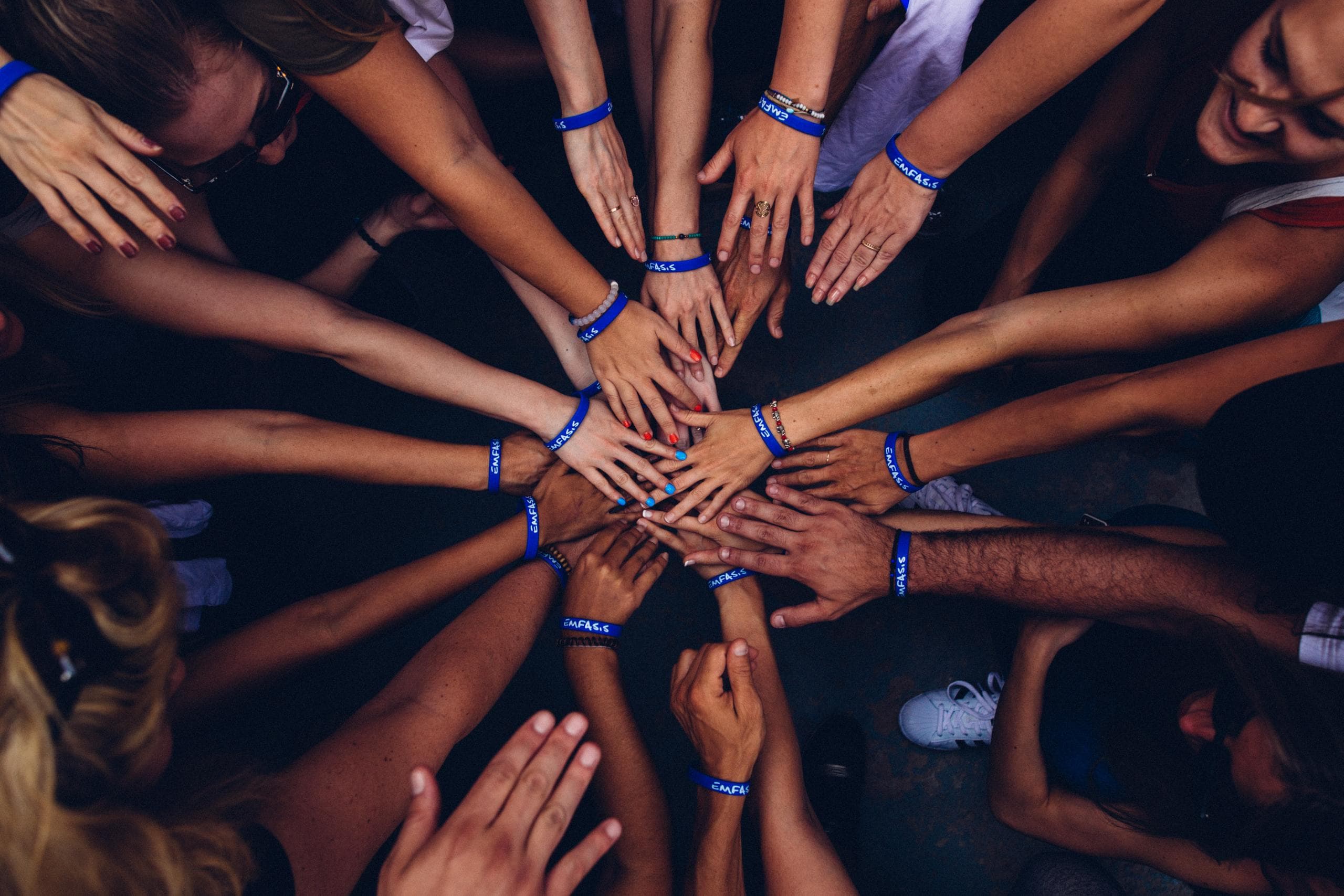Using Games to Measure Workplace Group Effectiveness
Can a one-hour test of group performance in the workplace be as accurate as manager’s ratings based on yearlong evaluations? Groups of workers jointly have distinctive properties related to their effectiveness, and it is possible to measure such collective properties using novel tests.
Managers struggle with getting people to work together, and the performance of teams may often have more to do with how people interact than with who they are as individuals. For instance, accident rates at factories staffed by similar assortments of people or rates of corporate policy violations (e.g., with respect to password sharing or absenteeism) may vary greatly across groups of otherwise similar employees. This variation may relate to how people are connected to each other or how they interact together to create norms within their groups. In other words, variation in many team performance outcomes may be a network phenomenon.
Just as connecting the same carbon atoms differently has drastically different results – creating graphite or diamond – so too can putting the same people together in different ways result in noteworthy productivity or distressing dysfunction. Groups can have properties not present in the workers themselves. We have shown this to be the case, both in online experiments with groups and in one workplace so far.
We believe that new properties – like innovativeness, safety, reliability, cooperation, and so on – can emerge within groups at workplaces. In this project, we will build on tools – specifically, our breadboard software and our online scenario games – that we have developed to do field tests of this claim and to elucidate how we can specifically identify features of groups that lead to different kinds of success and failure.
